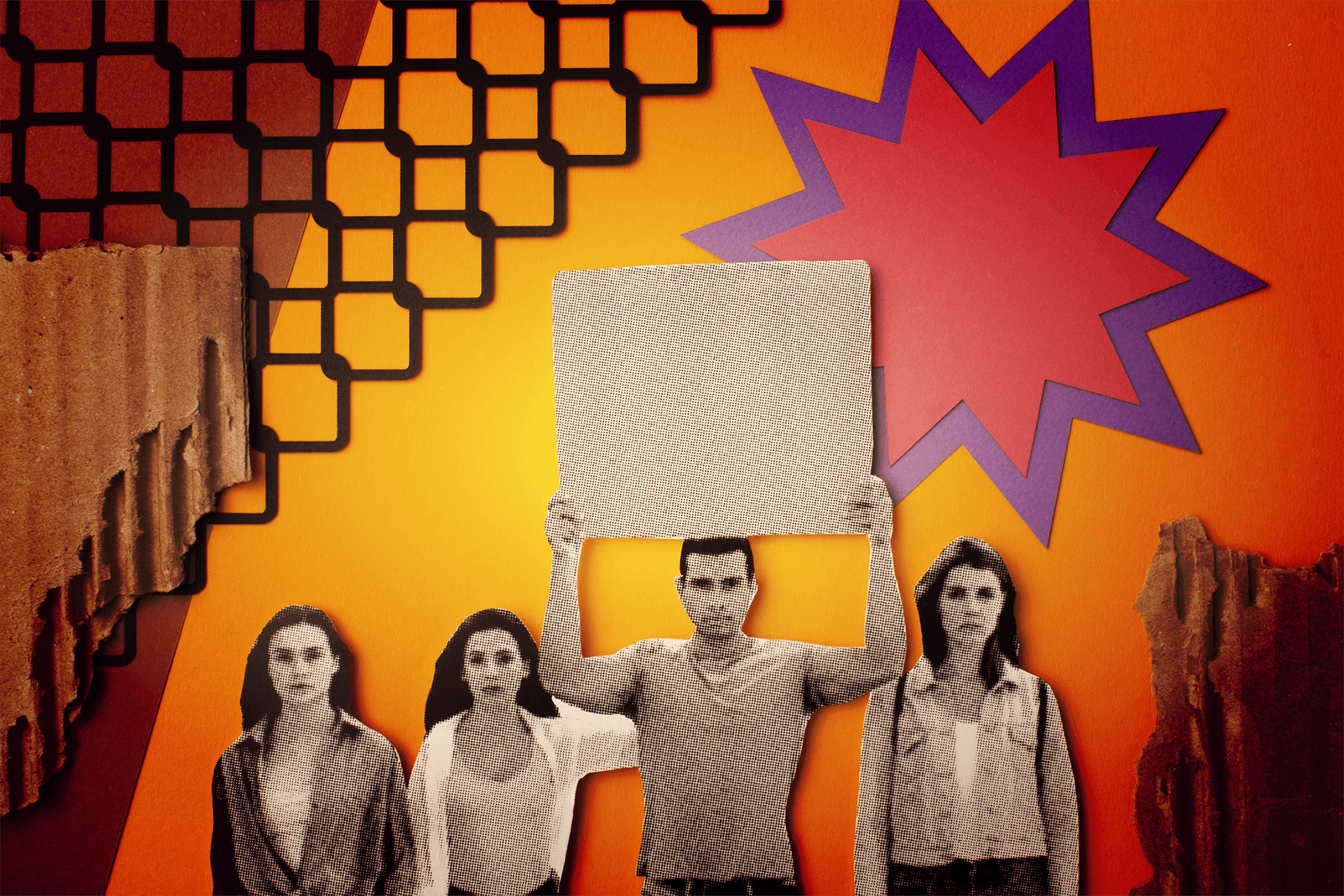Pop culture in the UK has been more than just entertainment – it has played a significant role in shaping social movements. From music and fashion to film and television, British pop culture has often reflected and influenced societal changes, giving voice to movements and sparking conversations on important issues. In this blog post, we will explore how British pop culture has impacted social movements in the UK, from the 1960s to the present day.
Music: A Soundtrack for Social Change
Music has always been a powerful medium for expressing social and political views. In the UK, iconic bands like The Beatles and The Clash used their music to challenge the status quo and advocate for social change. The Beatles’ songs like “All You Need Is Love” and “Imagine” promoted messages of peace, love, and unity during the 1960s, while The Clash’s punk rock anthems addressed issues such as class struggle and racial inequality in the 1970s.
In more recent times, British musicians like Stormzy and Dua Lipa have used their platforms to raise awareness about issues such as racism, mental health, and gender equality. Stormzy’s performance at the 2018 Brit Awards, where he called out the UK government’s handling of the Grenfell Tower fire, sparked a national conversation about social justice and the marginalization of minority communities.
Fashion: Breaking Boundaries and Challenging Norms
Fashion has also played a role in shaping social movements in the UK. British fashion has a long history of challenging norms and breaking boundaries, from the punk movement of the 1970s to the gender-fluid fashion of recent years. Designers like Vivienne Westwood and Alexander McQueen have used their creations as a form of protest and self-expression, pushing the boundaries of gender, sexuality, and identity.
In addition, the rise of sustainable and ethical fashion in the UK has gained traction as a social movement, advocating for more responsible and conscious consumption practices. Influential figures like Stella McCartney have used their platforms to raise awareness about the environmental impact of fast fashion and promote sustainable alternatives, contributing to a larger conversation about sustainability and ethics in the fashion industry.
Film and Television: Amplifying Marginalized Voices
Film and television in the UK have also played a crucial role in amplifying marginalized voices and addressing social issues. British filmmakers like Ken Loach and Steve McQueen have produced powerful films that shed light on topics such as poverty, racism, and social inequality. Films like “I, Daniel Blake” and “12 Years a Slave” have received critical acclaim for their unflinching portrayal of social issues and have sparked conversations about systemic problems in society.
Television shows like “Black Mirror” and “Fleabag” have also captured the cultural zeitgeist, addressing relevant social issues such as technology, mental health, and feminism. These shows have challenged societal norms and provided a platform for underrepresented voices, contributing to ongoing conversations and debates about contemporary social issues in the UK.
Conclusion:
From music and fashion to film and television, British pop culture has been a powerful force in shaping social movements in the UK. It has given voice to marginalized communities, challenged norms, and raised awareness about important social issues. As we continue to navigate a rapidly changing society, it is evident that British pop culture will continue to play a significant role in shaping social movements and driving conversations about change.

